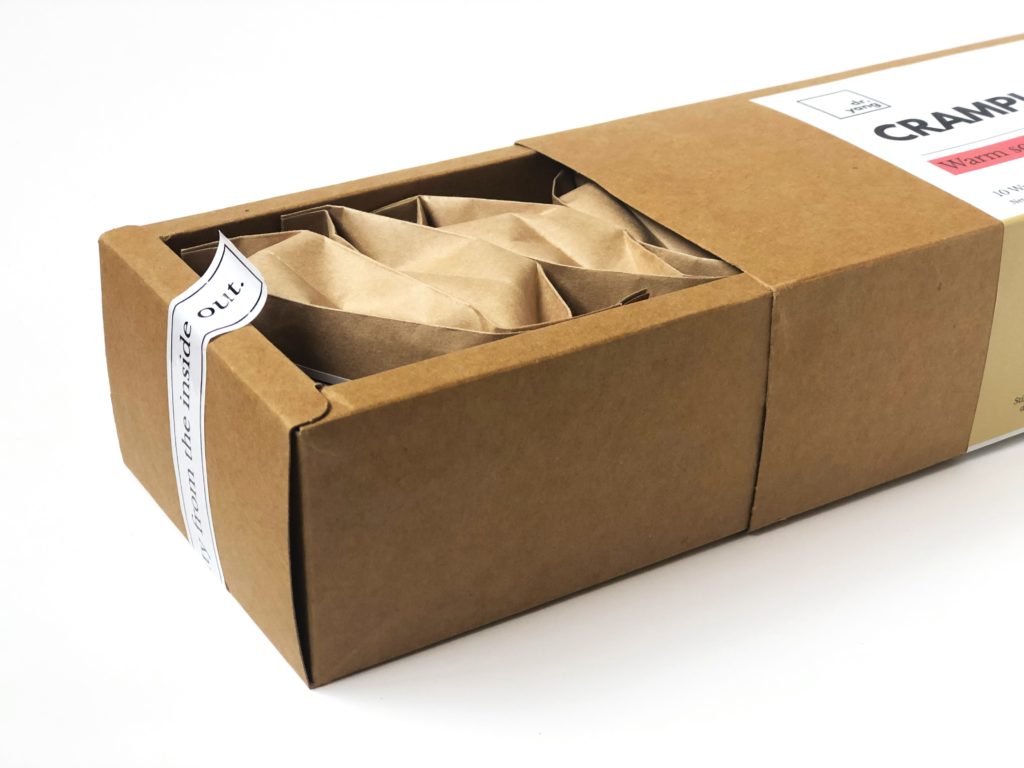Germany has a very high level of environmental consciousness. It has one of the highest recycling rates in the world. If you plan to distribute or sell products in Germany, you should understand your obligations. Extended Producer Responsibility (EPR) is one of them. This applies even when you distribute via third parties like eBay or Amazon.
Extended Producer Responsibility Explained
Extended Producer Responsibility is a legal obligation in Germany that places the responsibility for end-of-life management of a product on the manufacturer, importer, or retailer. EPR means that manufacturers, importers, or retailers have to bear responsibility for their products throughout their life cycle, from production, use, and disposal. The law applies to various products, including batteries, packaging materials, and electrical appliances.
There are two main pieces of legislation that apply to packaging waste in Germany. The first is the Packaging Ordinance (Verpackungsverordnung), which regulates the use of packaging and defines which materials are allowed to be used for different kinds of packaging. The second is the Waste Management Act (Abfallwirtschaftsgesetz), which regulates waste management and recovery, including the recycling of packaging material.
EPR is regulated by the German Packaging Ordinance (Verpackg). The Verpackg requires manufacturers and importers to take back packaging waste generated by their products. It also requires them to finance the costs incurred by local authorities in disposing of this waste through municipal incinerators or landfills.
VerpackG lays down minimum requirements for the design, manufacture, and use of packaging material. The law also provides that producers bear responsibility for recycling packaging waste generated by their products.
In addition to extended producer responsibility, German legislation requires that producers meet specific conditions for:
- Packaging waste reduction
- Packaging recycling
- Packaging reuse/recovery
Manufacturers, importers, and retailers in Germany are responsible for properly disposing of end-of-life products. This responsibility can be transferred to independent compliance schemes (approved by the Federal Environment Agency).


EPR Compliance
Registration
The German government has set up a registration system under which companies that produce or import packaging must register their products with the Federal Institute for Materials Research (Bundesinstitut für Materialforschung und -prüfung).
The registration process involves filling out an online form with information about the product’s manufacturer, importer(s), recycler(s), collection points, etc., and providing images of the product’s packaging. The registration fee is determined by weight.
Registering your product with extended producer responsibility (EPR) is an important step in the EPR lifecycle. It’s an opportunity for you to communicate what you are doing to ensure that your products are handled responsibly following their end of life.
Registering your product allows you to:
- Inform consumers about what happens with your products after they reach the end of their useful life or become waste.
- Inform consumers about how to return or recycle your products.
- Let consumers know how you plan to design, manufacture, use and dispose of your products so that they can make informed decisions about what they buy and how they dispose of it.
Summary
Germany requires that manufacturers, importers, and retailers take care of their products from production, use, and disposal. There are laws that govern this process, of which Extended Producer Responsibility is one of them. As a manufacturer, importer, or retailer in Germany, you will have to register with the various applicable authorities and get an EPR number that will allow you to trade in Germany. Failure to comply may lead to your products being banned.








Leave a Reply
View Comments